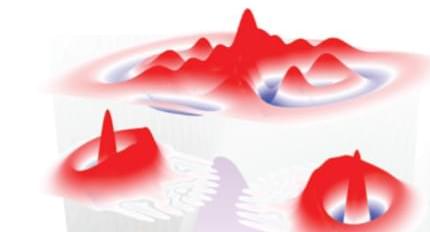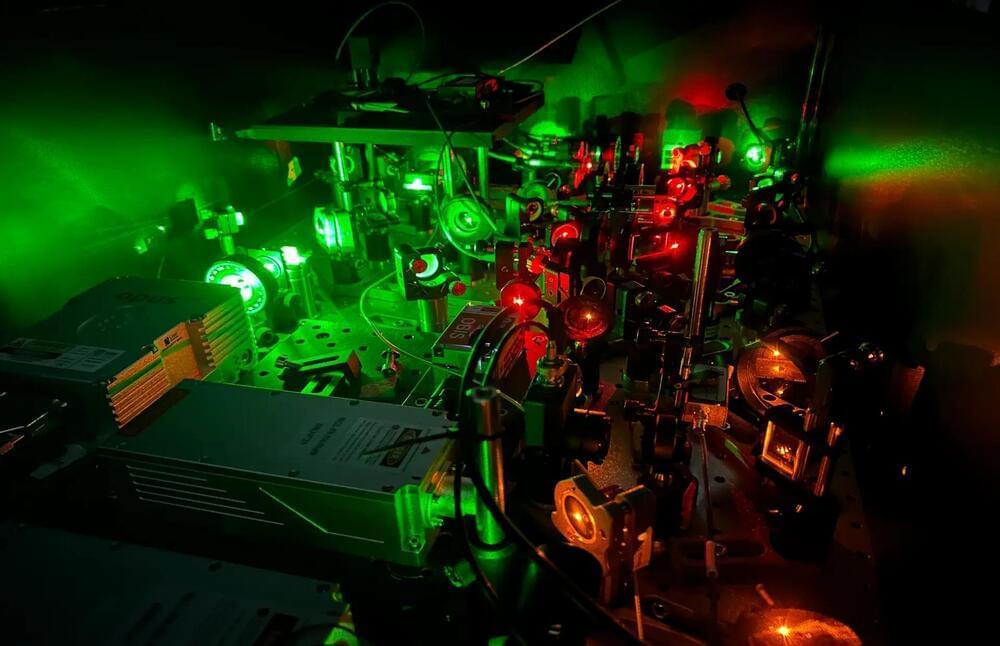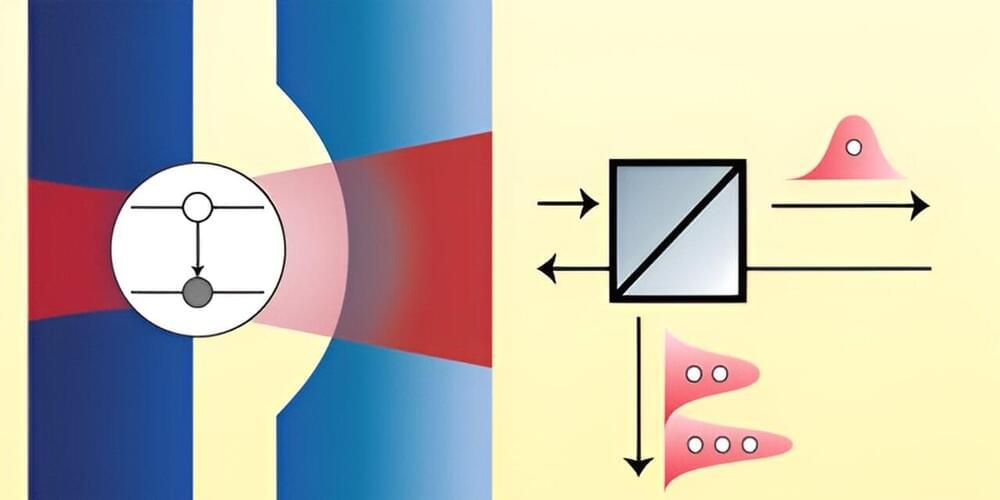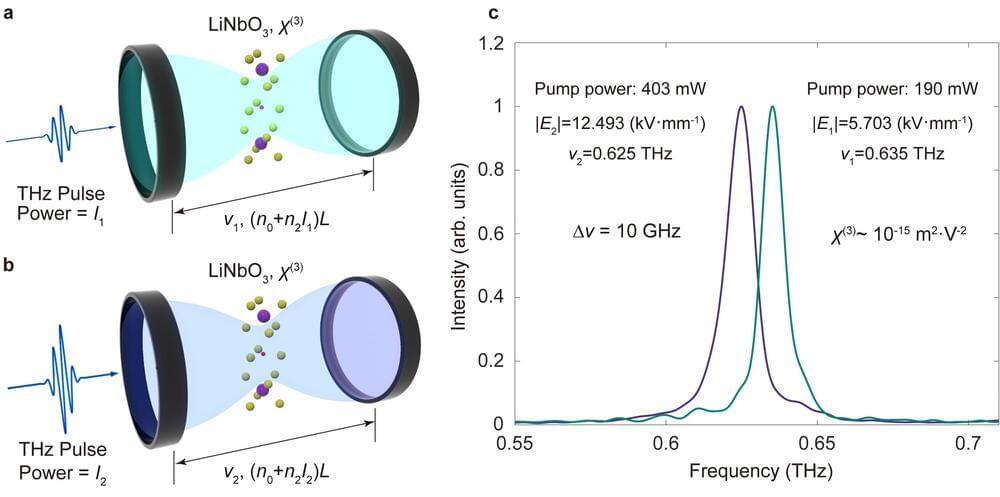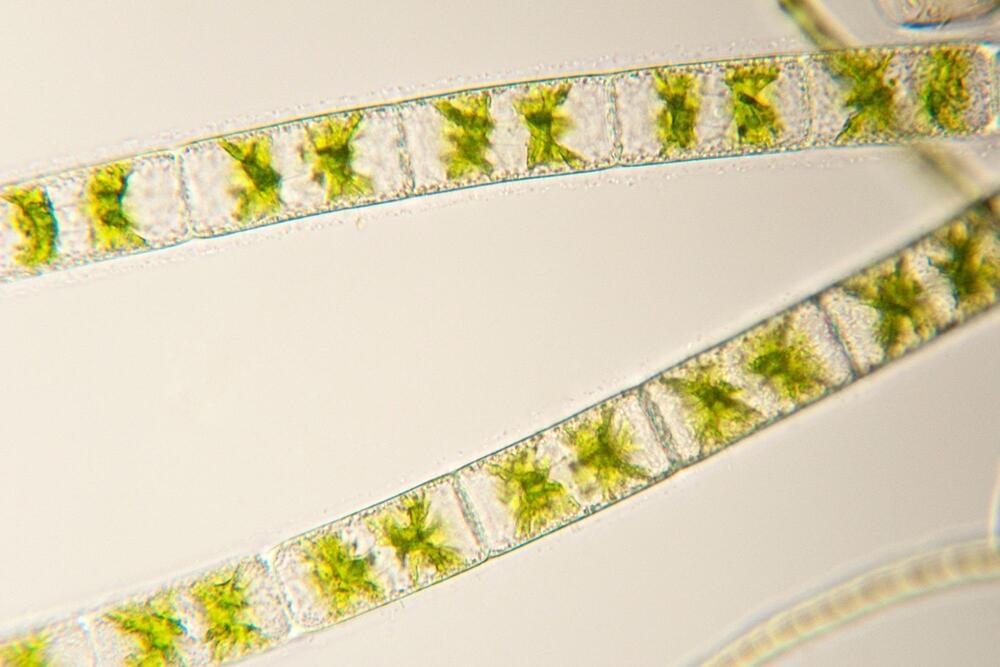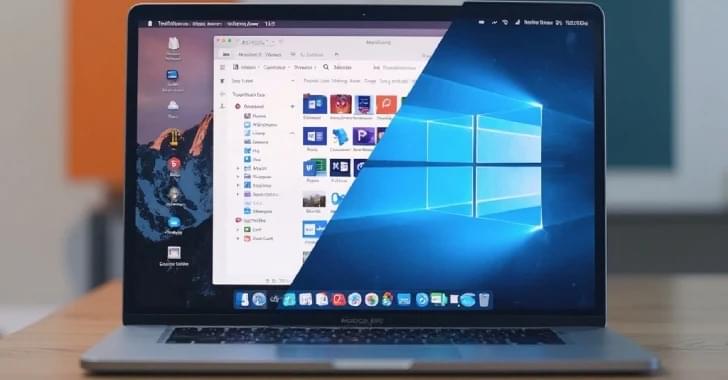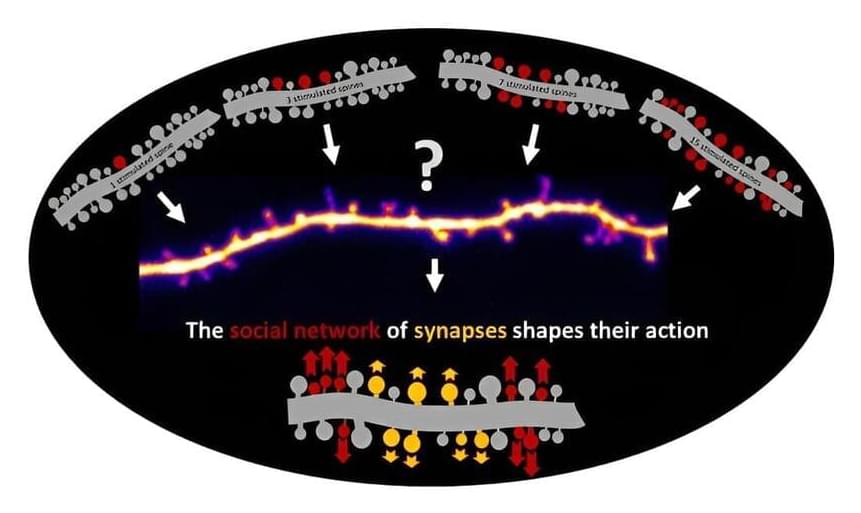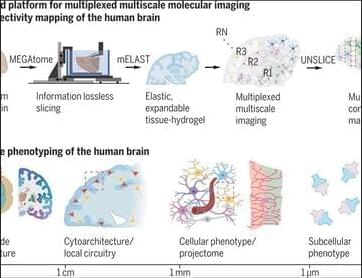Chinese scientists have developed a method using genetic engineering to potentially enhance brain-computer interface (BCI) technology by enlarging neurons for better signal transmission.
The researchers, with the Chinese Academy of Sciences’ National Centre for Nanoscience…
Gene sequence could be implanted with electrodes to make neurons larger and easier to ‘read’ in quest for better mind control of devices.

